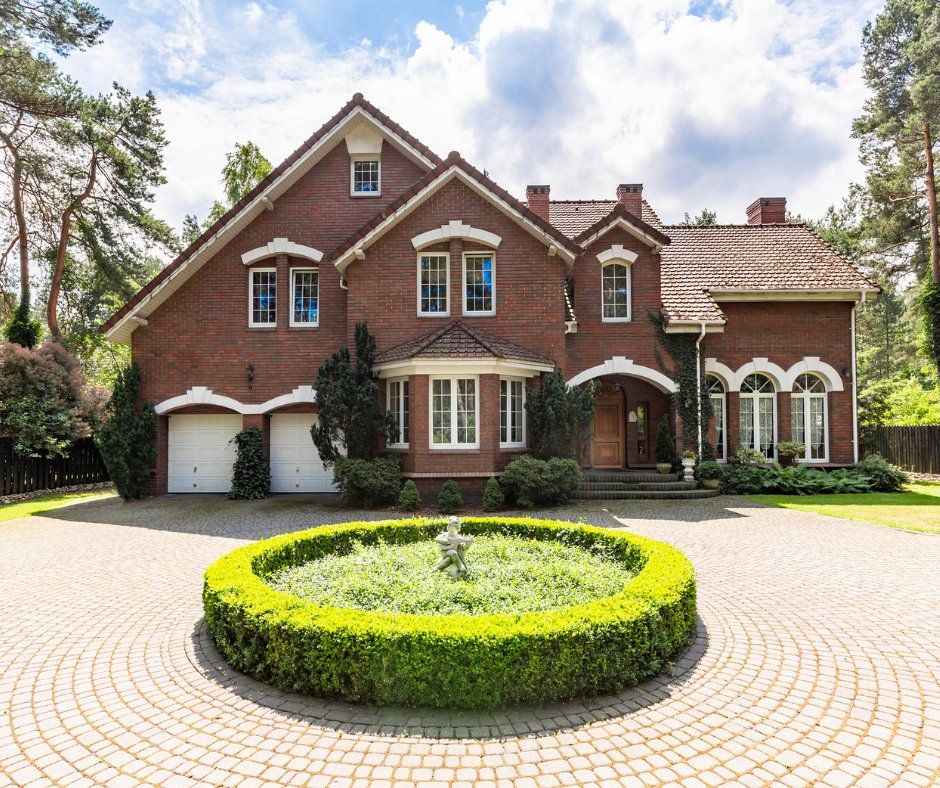Although the basics of a mortgage loan are fairly easy to understand, the details and technical aspects of interest and other important points can be tricky. Once you've wrapped your mind around different interest options, you still need to consider what exactly your mortgage could cover and what additional fees and expenses it could incur.
Here are some things you need to know about what added costs may come along with your mortgage and what other homebuying expenses the mortgage can cover for you.
1. Mortgages Can Cover Closing Costs
Although it doesn't happen automatically, you can often negotiate to have your mortgage cover your closing costs as well. This can be a big financial help to some home buyers, as these costs could amount to 5% of the home's value (not exactly pocket change).
In some cases you may want to save up to cover these costs yourself in order to save on interest later. The bank may increase your overall interest rate if you need your mortgage to cover closing costs, so the difference in interest costs over time is something to consider.
Another option you could investigate is having the seller split the closing costs with you. The seller may agree to do this if they really want you to buy their home. But if this doesn't work out and up-front payment isn't feasible for your situation, closing costs that are rolled into your mortgage may just be the lifesaver you're looking for.
2. Low Down Payment May Add Costs to Mortgage
Some first-time homeowners can be fairly young and haven't built much wealth yet, which means that a low down payment can make first-time homebuying more accessible to a greater number of people. However, a low down payment doesn't just mean you'll have to pay back a greater amount of interest-bearing mortgage later. You may also have to pay extra fees.
For instance, a low down payment may come with a requirement to pay for mortgage insurance. Mortgage insurance may add a monthly amount to your mortgage payment. Since it's a cost added on to benefit your lending institution rather than you (you're not even the beneficiary of the insurance), you may find your money is better spent paying a higher down payment.
3. Some Mortgages Can Include Funds for Remodeling
In some cases, homeowners will buy a fixer-upper and then take out a separate mortgage or personal loan to cover renovation costs. However, if you know from the start that the home will need fixing up, you may want to opt for a mortgage that combines both of these into one.
An FHA 203(k) loan accomplishes both goals. It allows you to both buy the house and access the money needed to fix the place up. One additional benefit is that these loans are insured federally. You could also choose a Freddie Mac or Fannie Mae renovation loan.
4. Mortgage Package May Include Home Warranty
Sometimes, you may see that your lending institution is offering a free home warranty that goes along with your mortgage at no extra cost to you. Although this warranty may or may not be the most thorough and all-inclusive home warranty out there, if it's a free add-on, you may find it well worth your while to opt in.
Make sure you read the home warranty terms carefully. It may differ from your homeowners' insurance in key areas, and you'll want to make sure you know which items are covered under the warranty so you don't end up making an unnecessary insurance claim.
Knowing about these mortgage costs and coverage options can help you navigate the mortgage process with greater ease. For more information about mortgaging, whether it's your first home or your fourteenth, get in touch with
Secure One Capital
today.

